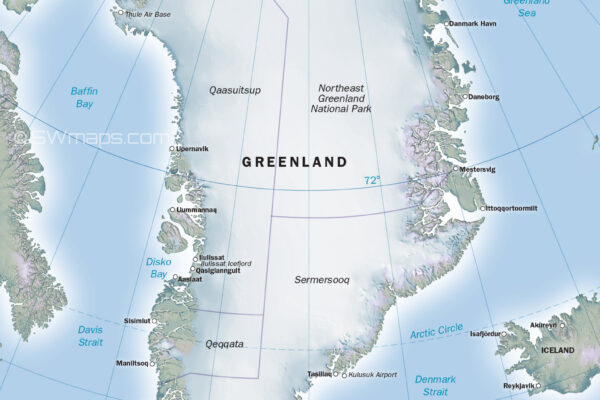
Introduction
The Democratic People’s Republic of Korea (DPRK), commonly known as North Korea, remains a focal point of international attention due to its political, military, and humanitarian issues. The strategic position of the DPRK, coupled with its nuclear ambitions and relations with South Korea, the United States, and other global powers, make it a significant player in East Asian geopolitics. Recent developments in the region have heightened tensions and sparked discussions about future policies regarding North Korea.
Current Developments
In recent weeks, DPRK has made headlines following a series of missile tests, including short-range and intercontinental ballistic missiles (ICBMs). These tests, which began escalating in early September 2023, are viewed as both a demonstration of military capability and a political statement against ongoing sanctions imposed by international bodies. The United Nations Security Council (UNSC) has condemned these actions, calling them provocative and detrimental to regional stability.
Moreover, the DPRK has recently increased its rhetoric against joint military exercises conducted by South Korea and the United States. These exercises, intended to strengthen the defence posture of both countries, are perceived by North Korea as direct threats. In response, North Korea has vowed to take stronger measures to protect its sovereignty and interests. Recent UN reports indicate that North Korea may also be engaging in cyber activities aimed at gathering intelligence and resources in response to ongoing sanctions.
Humanitarian Concerns
Aside from military concerns, the humanitarian crisis in the DPRK continues to worsen, exacerbated by both severe weather events and the COVID-19 pandemic. The UN has reported that around 40% of the population faces food insecurity, and the healthcare system is significantly strained. International aid organisations are finding it increasingly difficult to provide assistance due to strict government control and limited access. Relief efforts are hampered by the government’s focus on military spending and nuclear development rather than addressing the needs of its citizens.
Conclusion
The situation in the DPRK remains complex and multifaceted, with significant implications for regional and global security. The recent missile tests have intensified tensions, while the ongoing humanitarian crisis continues to affect millions of North Koreans. As international actors grapple with how to engage with the DPRK, the need for a balanced approach that addresses both security concerns and humanitarian needs is becoming increasingly evident. The future of the DPRK and its integration into the international community will depend on diplomacy and a willingness to find common ground amid significant challenges.
You may also like

The Significance of the West in Today’s World

Understanding the Current Political Landscape in the UK

Understanding the Significance of the Greenland Map
SEARCH
LAST NEWS
- Remembering Wendy Richard: The Promise to Co-Star Natalie Cassidy
- How Did Anglian Water Achieve an ‘Essentials’ Rating for Mental Health Accessibility?
- Shai Hope Leads West Indies in T20 World Cup Clash Against South Africa
- What We Know About Weston McKennie: Future at Juventus and Past at Leeds
- What We Know About the Upcoming Live Nation Antitrust Trial